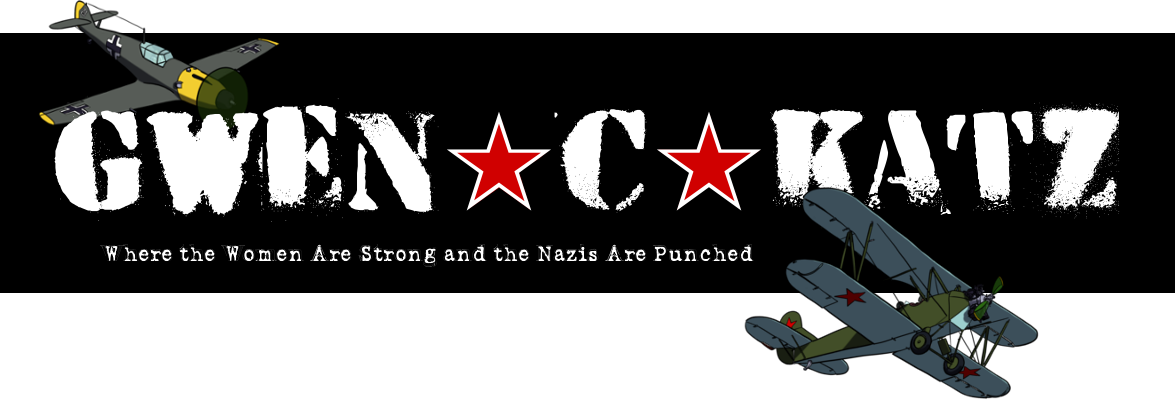Nature Obscura by Kelly Brenner came as a welcome respite in the midst of 2020, bringing us a much-needed burst of curiosity and joy. Kelly eschews the adventurous locales and charismatic large animals found in most nature books in favor of searching urban landscapes for underappreciated organisms like flies, slime molds, and lichen. Her anecdotes are moments that anyone can experience for themselves: noticing different kinds of moss in your back yard; finding a snail at the beach. Coupled with Kelly’s down-to-earth voice, this makes Nature Obscura one of the most accessible nature natural history books of the past few years.
I sat down with Kelly to discuss her book and the inspiration behind it.
Me: Tell me, why is nature important to you?
Kelly: That’s a big question! For me personally, I am completely dependent on nature for my own mental wellbeing, because being autistic, it’s my one place to escape and reset and connect to the world in a peaceful way, which doesn’t always happen in the human world. But aside from that, to me nature is a way to keep that sense of curiosity, that sense of wonder. There’s a quote from E.L. Wilson that you can take a lifetime voyage around a single tree trunk, and there’s so much truth in that.
Me: Most nature books focus on charismatic species like birds and wolves, but your book focuses more on organisms that are less cute and cuddly, like flies and slime molds. Why is it important to learn about these less charismatic species?
Kelly: Smaller organisms, the ones that we overlook or the ones that we say “ew, ick, burn it with fire,” are the ones that make the world go around. Birds are important, bears are important, but you could argue that all those small organisms are even more important. Bugs are the base level for feeding most of the rest of the natural world. They’re so vital to our ecosystem, and also as indicator species for what’s going on. All the bugs are disappearing, so we know something’s wrong.
Me: What inspired you to organize this book around the seasons?
Kelly: I go out all year around and I love all the nature, but I notice that nobody’s out in the wintertime, and very rarely in the autumn, except to find mushrooms. And with the book, I wanted to draw people’s attention to the fact that there’s nature all the time, all year round. And different nature. Like for me, this time of year is nudibranch season. And then next is dragonfly season, and then after that it’s slime mold season. Watching a landscape change throughout the seasons, it’s really beautiful to just observe it and document it. That’s how people write poetry.
Me: What are some ways that people can make their yards more welcoming to wildlife?
Kelly: There are so many ways and it’s so easy. The coolest thing about being a wildlife gardener is that you have permission to be lazy. You don’t have to rake up the leaves. It’s better to leave the leaves, or at least make them in a pile somewhere for overwintering invertebrates. You don’t have to cut down all the dead stems because those are perfect for bee nests and other hibernating insects.
Other than being a lazy gardener, the key aspects are four components: Food, water, shelter, and a place to raise young. Most people think about birds. I gotta put a bird nest up. But if you think about places to raise young, those dead stems are a place to raise young bees. So that counts. You don’t have to have a big space to create this glorious habitat with nest boxes and all these other fancy things. You can do it on a small balcony or a small garden, if you think of it in small terms.
Me: My last question for you is: how else can regular people get involved in discovering nature in the city?
Kelly: Going out in different times of the day to experience different things. You can have a whole different group of organisms in the morning versus the evening versus the middle of the day. Finding all those nooks and crannies. Parks are easy. I mentioned the cemeteries. College campuses are a great place to go look. Botanical gardens. There are all these little nooks where you might not think of to go find nature throughout the seasons, throughout the day. Changing your perspective. Instead of thinking you’re going to go see a bear, think smaller. Look for the plants. Look for the bees. Look for the lady beetles. Invertebrates are everywhere. You can always find them.
Nature Obscura by Kelly Brenner (Mountaineers Books, 2020) is available in bookshops or online as a paperback, ebook, or audiobook.
